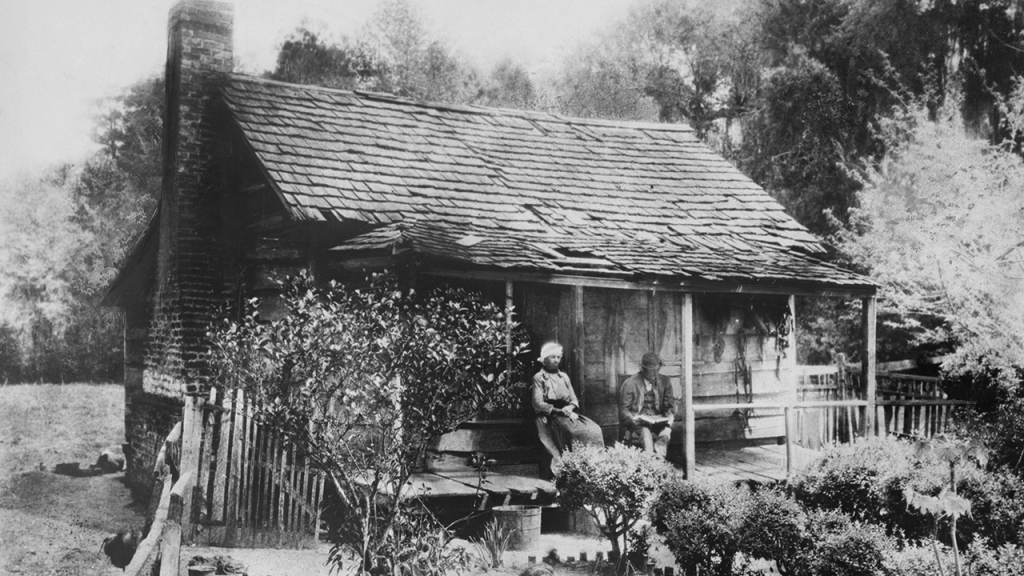Juneteenth originated in Galveston, Texas on June 19, 1865, when enslaved people were told of their emancipation, two-and-a-half years after the Emancipation Proclamation was issued in 1863. Texas was the first state to make Juneteenth an official celebration. The Union army, led by Major General Gordon Granger, announced the freedom of over 250,000 enslaved African Americans in Texas through General Order No. 3, stating that all slaves were free and advising them to work for wages and not collect at military posts. This order marked the official end of slavery in Texas.
The official handwritten record of General Order No. 3 is preserved at the National Archives Building in Washington, D.C. Juneteenth is celebrated annually on June 19th, combining the words “June” and “nineteenth.” The holiday has grown from local roots to a national celebration, featuring parades, readings, and various events commemorating the abolition of slavery in the United States. Juneteenth is considered the longest-running holiday in African American and Black communities, with historical roots in the Juneteenth Committee’s annual celebration in Galveston that includes prayer, reflection, and community leadership.
In 1979, the Texas Legislature officially made Juneteenth a state holiday, and in 1980, the Juneteenth Committee in Galveston initiated an annual celebration with events including the reading of General Orders, No. 3. In 2006, a statue commemorating the reading of the order was erected in Galveston, serving as a reminder of the historical event. The City of Galveston transferred the property to the Galveston Historical Foundation in 2018 for preservation and management. On June 17, 2021, President Biden signed the Juneteenth National Independence Day Act, making June 19 a legal public holiday. The federal holiday, known as Juneteenth National Independence Day, marks the 159th anniversary of Juneteenth in 2024.
Juneteenth is also referred to as Emancipation Day, Freedom Day, Jubilee Day, Black Independence Day, and Juneteenth Independence Day. It has been recognized as a permanent federal holiday, joining other holidays like Martin Luther King Jr.’s birthday, Presidents Day, Memorial Day, Independence Day, Labor Day, and Veterans Day. The celebration of Juneteenth signifies the end of slavery in the United States and serves as a reminder of the struggles and triumphs of African Americans throughout history.
Overall, Juneteenth holds great importance in American history, as it marks the emancipation of enslaved African Americans and the end of slavery in the United States. The holiday has evolved and grown from its local origins in Galveston to become a national celebration with various events and commemorations across the country. The official recognition of Juneteenth as a federal holiday highlights the ongoing efforts to honor and remember the legacy of African Americans and their fight for freedom and equality.


